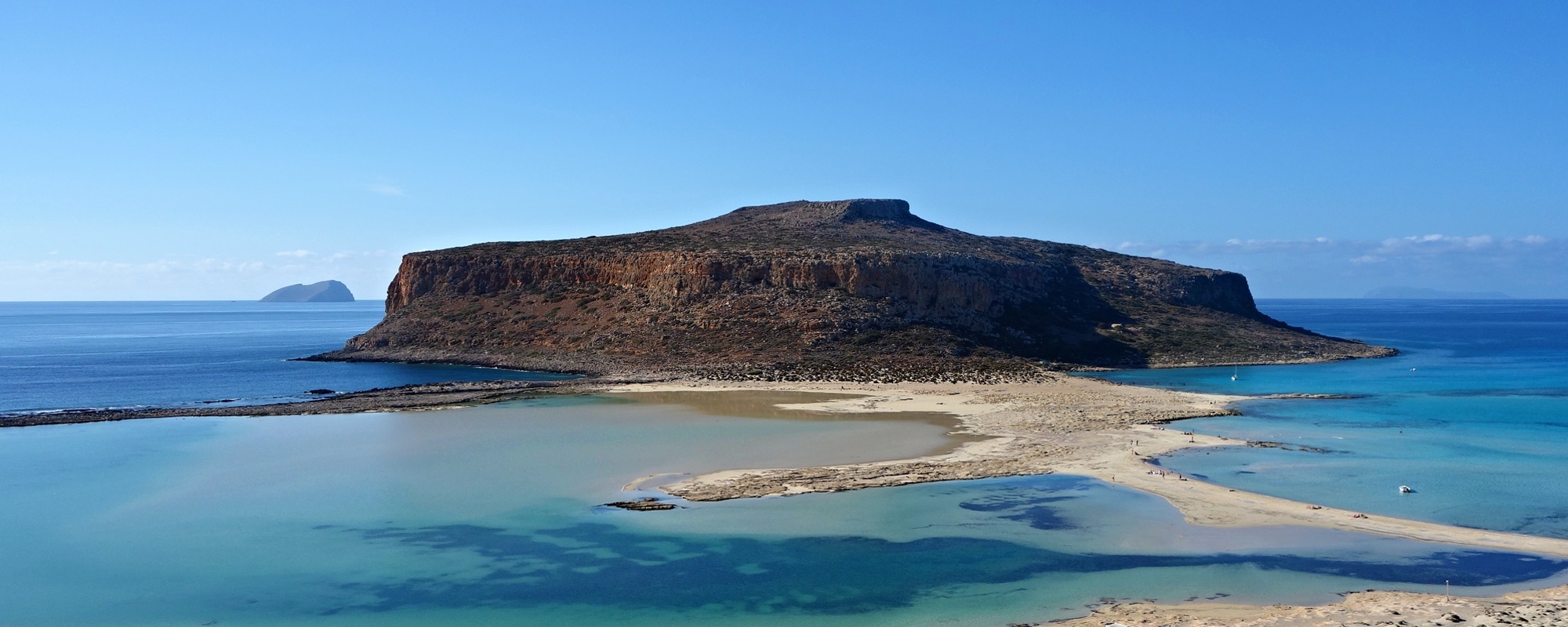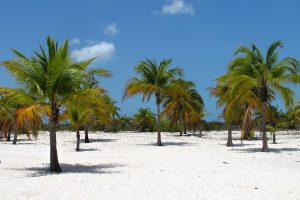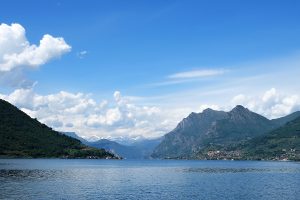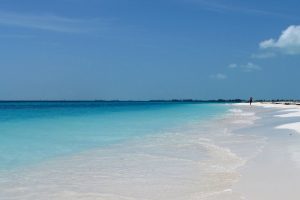Are you looking for great experiences on a low budget?
Then travel off-season!
Once the crowds are gone, you can get more authentic experiences and save money.
It took us a few years to discover the advantages of travelling in the low season.
We are sharing the pros and cons and also some tips on how to make the most of it.
Seasons
Seasons vary by destination.
While December, January, and February are considered low seasons in Europe because of low temperatures (except for ski resorts), it’s the peak season in Australia because it’s summertime down under.
The high (peak) season is the main tourist season – typically the time of public or school holidays like July, August, Easter, Christmas and any other national holidays.
It’s when prices are at their highest because many people travel, and flights, hotels and attractions are jam-packed.
Even though it’s not always possible for everyone to travel off-season, it’s worth considering it, even just for short trips or weekend breaks – and this is why:
1. Prices Go Down
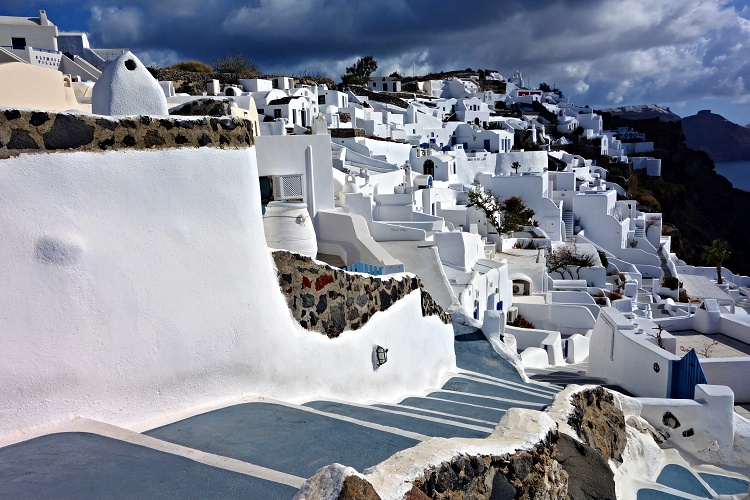
The demand for travel off-season is low, so airlines, hotels and attractions put their prices down to motivate people to travel more.
If your budget is limited, this is the time to travel because you can get significant discounts.
Hotels are keen on getting more guests, and they may be more flexible price-wise, so it’s no harm in asking for a lower price.
The longer the stay, the better your chances are.
They might not be willing to decrease the rates but will include various extras, such as breakfast or an upgrade.
We have done this a few times on Airbnb – where the communication with property owners is more straightforward than with hotel reservation departments.
It’s not that simple with flights because airlines usually don’t offer any one-off discounts.
But they usually run promotions to boost travelling during quiet times, so watch out for those.
It’s a good idea to sign up for airlines’ newsletters to keep an eye on any special offers.
Our story:
This way, we got a great deal on our trip to Greece in November a few years ago. We travelled to Crete, Santorini and Athens for two weeks, and all six Ryanair flights cost us just around 125 EUR (135 USD) per person (including taxes and cabin baggage).
We managed to get our 10-day car rental in Crete and Santorini for just 108 EUR (118 USD) – and we negotiated most Airbnb rates. Many entrance fees (for example, at the Acropolis in Athens) were much cheaper than in high season, so overall, it was a very low-cost trip.
2. Crowds Are Gone
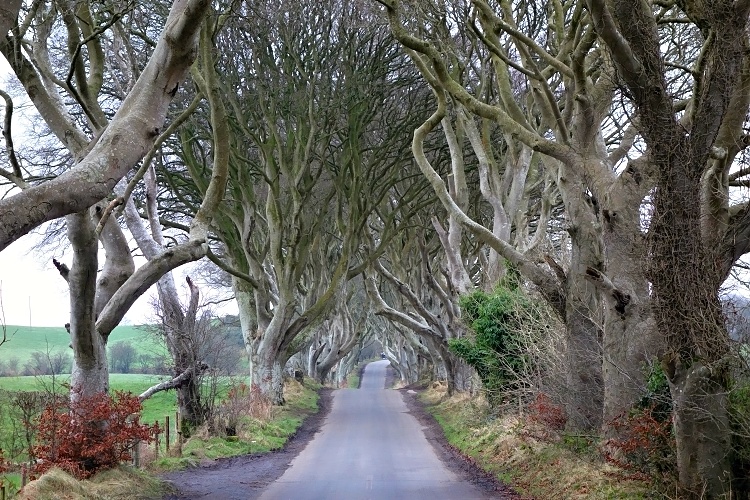
This is an important factor because with more people travelling, it has become difficult to enjoy some popular places – the overall experience is usually spoilt when the sight is too crowded.
It’s frustrating if you have to spend hours in queues or can’t even take a decent photo without many other people or selfie sticks on it.
When the crowds are gone, you can explore the places at your own pace and get a more authentic experience.
The locals aren’t so busy, so they are more open to a friendly conversation.
The low season is the time to go if you want a quiet and relaxing holiday.
Who doesn’t like having a beach all to themselves?
Our story:
Dark Hedges in Northern Ireland are one of the Game of Thrones filming locations, and they are usually flooded with tourists – it’s hard to get a good photo of the famous tree line.
We arrived on a cloudy and cold day in January, it was midweek, and there were very few people around. Thanks to that, we managed to take some great photos that captured the unspoilt magic of this place.
3. Availability Gets Better
Some attractions and activities are so popular that it’s challenging to get there in peak season, and tickets must be pre-booked in advance.
It’s usually easier to get some tickets off-season – if the attraction is still open.
Our story:
When we were in New Zealand during the high season (in January), we didn’t get to any of the Great Walks, renowned walking tracks leading through some fantastic landscapes, because most of them were sold out and needed to be pre-booked months in advance.
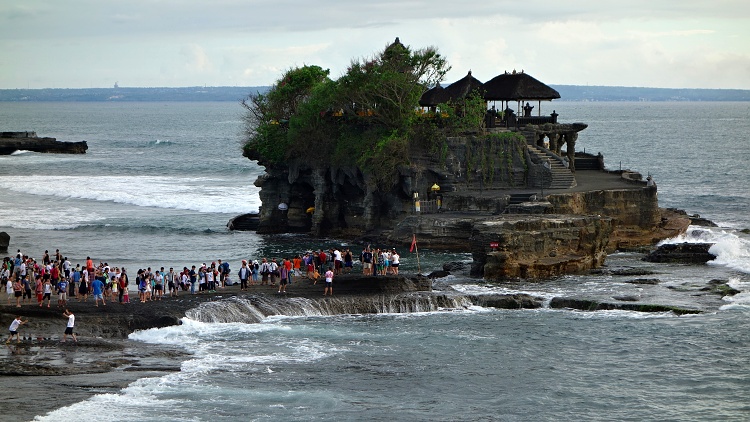
But it’s not all rainbows and unicorns – there are a few things that you should keep in mind when planning to travel off-season:
4. Limited Connections
There aren’t many people travelling, and it becomes harder to fill the aircraft, so airlines reduce their schedules to keep their profit margins.
Don’t expect direct flights to every destination all year round – some connections might be limited.
It’s the same with other means of transportation – some buses, trains, or ferries might operate only in high season, so verify the schedule before making any arrangements.
Our story:
When we travelled to Greece in the low season (in November), we had to fly via Athens to get from one island to another because direct flights and ferries operated only in summer.
5. Tricky Weather
Typically the weather gets worse off-season.
Depending on the destination, it can be hotter, colder, wetter or windier – but it might suit some travellers.
In southern Europe, for example, it can get boiling in summer, but temperatures cool down in the low season, making this the perfect time for outdoor activities such as walking, hiking or climbing.
Be aware of shorter days in some destinations.
We always check the expected sunrise and sunset times when planning our trips to see how much time we will have to play during the day.
The off-season weather is usually more unpredictable, so it’s essential to keep an eye on the forecast before making any plans.
However, you never know what weather you will get – even in high season.
Our story:
We travelled to Koh Samui in Thailand in June, the rainy season, but we didn’t get any rain at all, and the weather was great. On the other hand, when our friends travelled there in December, the dry season, it heavily rained most of their stay.
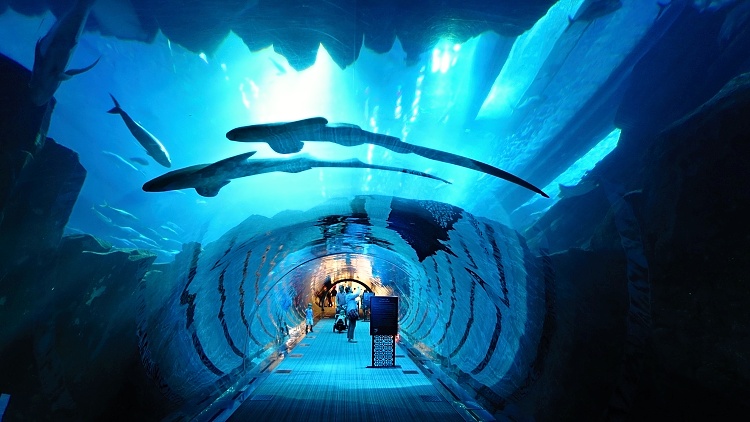
Some destinations aren’t great for travelling off-season unless you go there for a specific reason.
For example, in Dubai, it’s so hot in summer that you wouldn’t be able to spend much time outside during the day.
But this isn’t usually an issue for people who come to shop and take advantage of many special deals during this time of the year.
The best chances of decent weather are just after the main season ends or before it starts.
6. Expect Closures
Many attractions might be completely closed or close earlier than usual because of low demand or adverse weather – so it’s important to verify the opening hours when planning your trip.
Some activities and tours may also be affected.
Some sites might also plan maintenance or building works off-season so buildings can be surrounded with scaffolding – not great for your Instagram photos!
Services in some locations, like hotels, restaurants, bars, and shops, might be limited in the low season, making the places too quiet for lovers of social life.
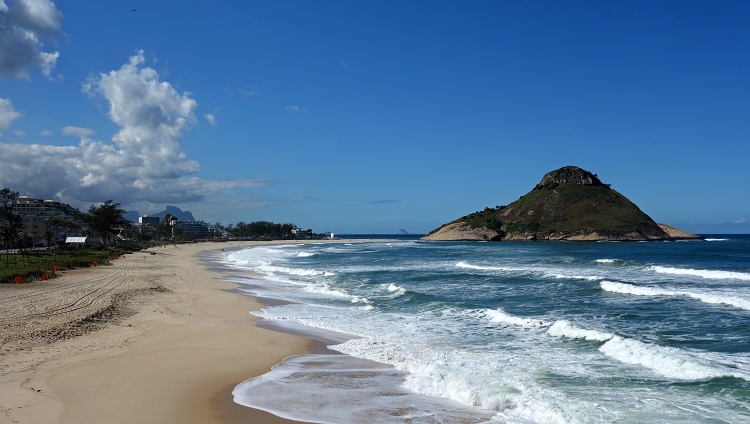
Our story:
We didn’t do enough research before our trip to Santorini Island in Greece and didn’t realise that many sights were closed earlier until we got there. That’s why we didn’t manage to visit the sites of Ancient Akrotiri and Thira because they were already closed when we arrived on the last day of our trip. Well, they will have to wait until our next trip!
Final Thoughts
Before making any arrangements, compare the pros and cons of travelling to your chosen destination off-season and decide what’s the most important for you – is it the price or any specific experience?
Check the connections, costs, weather forecast and opening hours, and plan accordingly.
It’s no harm to have a plan B for rainy days too…
The best chances of getting low rates and decent weather are at the beginning or the end of the low season – sometimes called the shoulder season.
For us, good value, avoiding crowds, and authentic experiences have become the most important factors over the years.
What is it for you? Do let us know!
Did you like this article? Please share it, so more people can find it useful.

